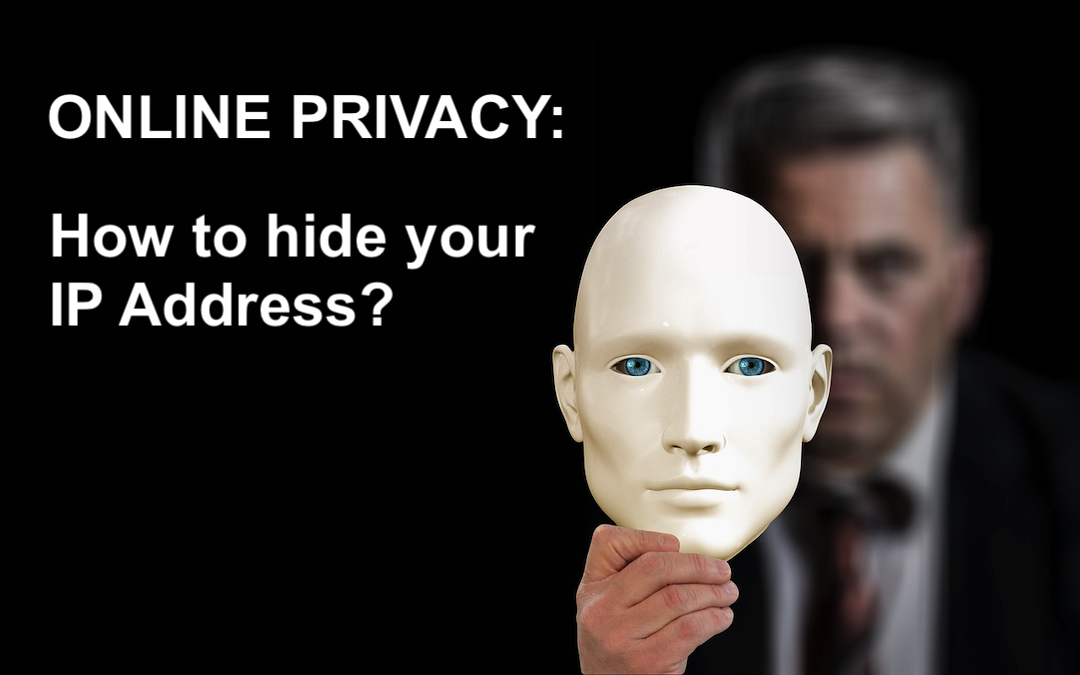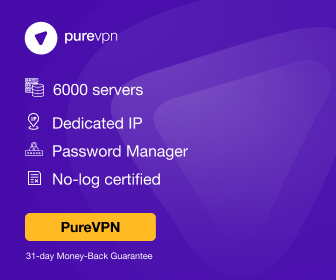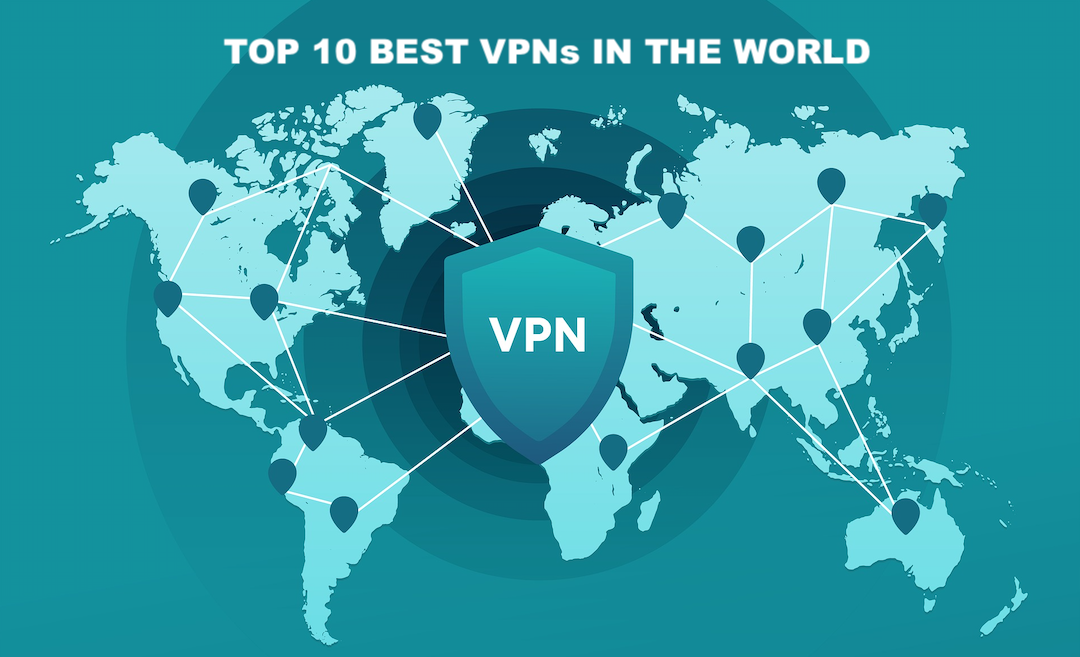
In an era where online privacy is increasingly under threat, protecting your personal information has become more critical than ever. One fundamental aspect of online privacy is your IP address, a unique identifier that can reveal a lot about your location and online activities. This article will explore various methods to hide your IP address, focusing on proxies, VPNs, and other techniques to enhance your online security.
Introduction to IP Addresses
What is an IP Address?
An IP address, or Internet Protocol address, is a numerical label assigned to each device connected to a computer network that uses the Internet Protocol for communication. This address serves two main functions: identifying the host or network interface and providing the location of the host in the network.
Types of IP Addresses
There are two main types of IP addresses: IPv4 and IPv6. IPv4 addresses are composed of four sets of numbers separated by periods, while IPv6 addresses are longer and more complex, designed to accommodate the growing number of internet-connected devices.
How IP Addresses Work
When you connect to the internet, your device is assigned an IP address by your Internet Service Provider (ISP). This address allows data to be routed to and from your device, enabling online communication and access to websites.
Reasons to Hide Your IP Address
Privacy Concerns
Every time you visit a website, your IP address is logged, potentially exposing your browsing habits to advertisers, government agencies, and malicious actors. Hiding your IP address helps protect your privacy and prevents tracking of your online activities.
Security
Exposing your IP address can make you vulnerable to cyber-attacks, such as Distributed Denial of Service (DDoS) attacks and hacking attempts. Concealing your IP address adds an extra layer of security, making it harder for attackers to target your device.
Access to Restricted Content
Many online services and websites restrict access based on geographical location. By hiding your IP address, you can bypass these restrictions and access content that would otherwise be unavailable in your region.
Method 1: Using Proxies to Hide Your IP Address
How Proxies Work
A proxy server acts as an intermediary between your device and the internet. When you use a proxy, your internet traffic is routed through the proxy server, masking your real IP address with that of the proxy.
HTTP Proxies
HTTP proxies are designed for web browsing. They handle HTTP and HTTPS traffic, allowing you to surf the web anonymously.
SOCKS Proxies
SOCKS proxies are more versatile, and capable of handling various types of internet traffic, including emails and file transfers. They are often used for activities that require more privacy and security.
Transparent Proxies
Transparent proxies do not hide your IP address but can be used for content filtering and caching. They are often used by businesses and organizations to monitor and control internet usage.
Setting Up a Proxy
To use a proxy, you need to configure your browser or operating system to route your internet traffic through the proxy server. This usually involves entering the proxy server's IP address and port number in the network settings of your device.
Method 2: Using VPNs to Hide Your IP Address
What is a VPN?
A VPN, or Virtual Private Network, creates a secure, encrypted connection between your device and a VPN server. This tunnel masks your IP address and encrypts your data, providing enhanced privacy and security.
Benefits of VPNs
VPNs offer several advantages, including improved security, privacy, and access to geo-restricted content. By encrypting your data, VPNs protect you from eavesdropping and other forms of online surveillance.
Choosing a VPN Service
When selecting a VPN service, consider factors such as speed, security features, and server locations. Look for services that offer strong encryption, a no-logs policy, and a wide range of server locations to ensure optimal performance and privacy.
Method 3: Using TOR to Hide Your IP Address
What is TOR?
TOR, short for The Onion Router, is a free software that enables anonymous communication by routing your internet traffic through a network of volunteer-operated servers, known as nodes. This process obscures your IP address and protects your privacy.
How TOR Works
When you use TOR, your internet traffic is encrypted and routed through multiple nodes before reaching its final destination. Each node decrypts a layer of encryption, revealing only the next node in the path, making it extremely difficult to trace your activities back to your IP address.
Using TOR Browser
To use TOR, download and install the TOR Browser, which is pre-configured to connect to the TOR network. This browser allows you to access the internet anonymously and bypass censorship and geo-restrictions.
Hiding Your IP Address on Mobile
Mobile Proxies
Mobile proxies use IP addresses assigned to mobile devices by ISPs. These proxies provide an additional layer of anonymity by masking your IP address with one used by a mobile device and can be purchased from proxy providers.
Using VPNs on Mobile
Most VPN services offer mobile apps, allowing you to protect your privacy on smartphones and tablets. These apps work similarly to their desktop counterparts, encrypting your data and hiding your IP address.
Using TOR on Mobile
You can access the TOR network on mobile devices using apps like Orbot and the TOR Browser for Android. These apps provide the same level of anonymity and privacy as the desktop version of TOR.
Is Hiding Your IP Address Illegal
In most countries, hiding your IP address is not illegal. It is a common practice among internet users who value their privacy and security. However, using these methods for illegal activities, such as fraud or hacking, is against the law.
While hiding your IP address is generally legal, it is essential to use these tools ethically and responsibly. Respect the terms of service of websites and platforms you access and avoid using these methods for malicious purposes.
Choosing the Right Method for You
Consider your privacy and security needs when choosing between proxies, VPNs, and TOR. Each method has its strengths and weaknesses, so it's essential to select the one that best fits your requirements.
For maximum protection, you can combine multiple methods. For example, using a VPN with a proxy or TOR can provide an added layer of security and anonymity.
Encrypting your emails and messages can further keep your communication private and secure. Use encryption tools and services to ensure that only the intended recipient can read your messages.
Stay Safe Online!
Protecting your IP address is a fundamental step in safeguarding your online privacy and security. By using proxies, VPNs, and TOR, you can conceal your IP address and protect your personal information from prying eyes.
Regularly review and update your privacy practices to stay ahead of potential threats. Stay informed about new tools and techniques for protecting your online privacy and be proactive in securing your digital footprint.
Share this post
Leave a comment
All comments are moderated. Spammy and bot submitted comments are deleted. Please submit the comments that are helpful to others, and we'll approve your comments. A comment that includes outbound link will only be approved if the content is relevant to the topic, and has some value to our readers.








Comments (0)
No comment